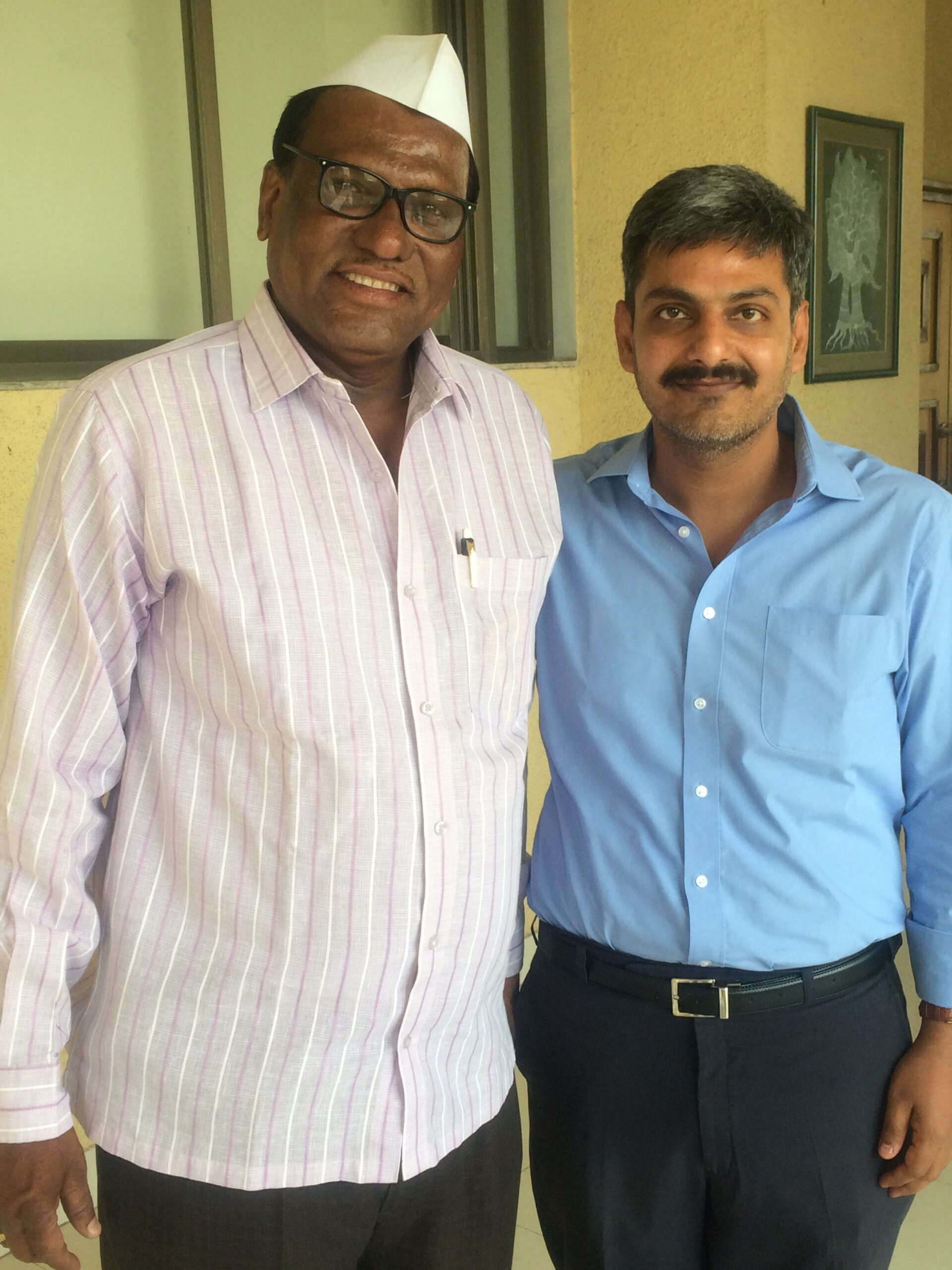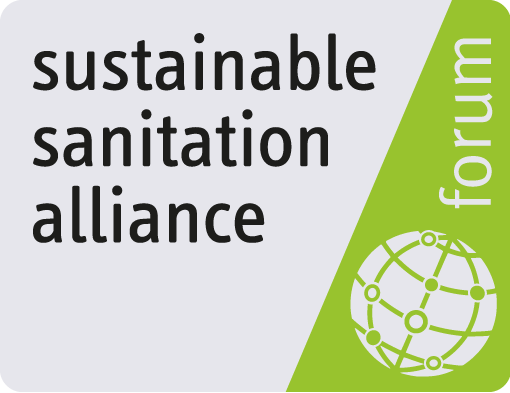Lessons from Portland, Oregon
(Written during my 6 week Eisenhower Fellowship in the U.S. in 2012)
Portland in specific and Oregon in general are places, from where if you belong and go out in some other city of USA, people would say, ‘Oh! You are from Portland (Oregon)!’ Although Portland and Oregon stand out in a number of ways, two things which make the place special are focus on ‘environmental sustainability’ and ‘citizen engagement’. The focus on environment is testified by measures such as biking- Portland is the biking capital of USA! They are looking at organic food now. They have looked at public transportation. The environmental focus is not an ‘extrinsic’ measure, but a ‘holistic’ approach, as Steven Reed Johnson, Professor at Portland State University and a civic infrastructure expert puts it. Thus environment is looked at as part of the overall development (making it more sustainable) rather than as a ‘this or that’ issue. The citizens here imbibe that culture it seems. Recycling is religious!
The other ‘culturally’ distinct thing is citizen engagement. There are numerous non-profit organisations working in the city, for the city. They have also formed a coalition- Coalition for Liveable Future- so that they don’t work at cross purposes. The civic engagement is institutionalised, imbibed in culture. An example is the Portland City Club-whose tag line is ‘citizens are the riches of a city’. Almost a 100 year old, the club is a membership based organisation, with activities – Listen, Learn and Lead. It has a membership which waxes and wanes between 1500-300 approximately. The members, on a voluntary basis hold around 100 events/programs throughout the year. What even/program is to be taken up is decided by the members themselves. A very interesting regular programme is Friday Forum, where debates on current issues are held; or prominent people/experts speak on a public issue every Friday. The programme is telecast on the radio and about 20,000 people listen to it. The ‘learning’ is carried out by research. About 20 members sit over a few days, call witnesses/experts, deliberate over a particular issue and produce a document. These documents are taken note of by the local government. The club does not take any fund from government, and has earned for it the reputation of a forum which provides community space/opportunity for learning and participating. The club was opened to women after protest. Some may feel that the club does not welcome more radical people. The research conducted by them may also be criticised as being not representative enough. But for these few issues, the model is appreciable.
Healthy Democracy Fund is another example, where citizen education is done through the innovative way of publicly evaluating ballot measures called the Citizens’ Initiative Review (CIR). CIR is a unique method in which a panel of randomly selected and demographically balanced voters brought from across the State, hears directly from pro- and anti-campaigners and policy experts during a week-long review; and thereafter drafts a Citizens’ Statement which is published in the voters’ pamphlet. Independent reviews by National Science Foundation have found that CIR influences voters towards more informed decision making. Oregon State is the first State to have passed legislation (House Bill 2634) creating CIR Commission and making CIR a permanent resource for voters. The stratified sampling and statutory recognition make CIR credible and effective. This kind of review can have many applications in governance, for example deliberations towards various policy measures, taking up public projects etc.
The impact of citizen engagement can be gauged from the fact that many public projects (like the light-rail) or a centre, where citizens donated bricks to have an open air place rather than parking are influenced by citizens’ voices.
Steven Reed Johnson says that there is a story as to why Portland is what it is. As Las Vegas may be identified with casinos and sex, Portland is identified with environment friendliness. There is not one leader/person that has made this happen. The place attracted lots of ‘young creators’ who saw ‘hope’ in Portland and worked at it. The amazing symbiotic government/private/NGO partnership, where each has supplemented the other is one important reason for success of this city. Steven Reed Johnson has worked in this city on various initiatives. He ‘starts’ up a thing and exits when he thinks processes are in place to continue that work. He challenges you to be ‘part of history’! A worthwhile challenge!
He emphasises (and other effective NGOs bring this up too!) ‘effectiveness’ of participation. Thus, it is also important to equip citizens with information, skills etc. for them to participate in a meaningful way. A demonstrated success in one endeavour eases your position for intervention elsewhere. The skill of creating a ‘shared vision’ then helps achieve the goal. Towards that extent, he feels that education should emphasise on such soft skill sets as communication skills and social skills. The ‘software solutions’ are more sustainable than the ‘hardware solutions’. (And this may be true in many professions, including medicine and engineering, which involves contact with/impact on people individually or collectively). The ‘software solutions’ are essentially decentralised. The challenge is to incentivise such solutions as they make people part of the solution and less dependent on an external agency such as government.



